- Assistant Director of the Mathematical Institute SANU, Belgrade, Serbia
By Hussaini Garba Mohammed, who was in Heidelberg – Germany
Dr Đorđe Baralić , the Serbian Mathematicians from South East European region, who was passionate about Mathematics, reached the leadership to become the Deputy Director of the Mathematical Institute SANU in charge for international collaboration, with years of experience working with gifted students and science promotion in the Institute, his research interests are toric topology and its applications, combinatorics, discrete geometry and algebraic topology. He leads two bilateral scientific projects with Slovenia and Turkiye. Besides Serbian, he speaks English and Spanish.
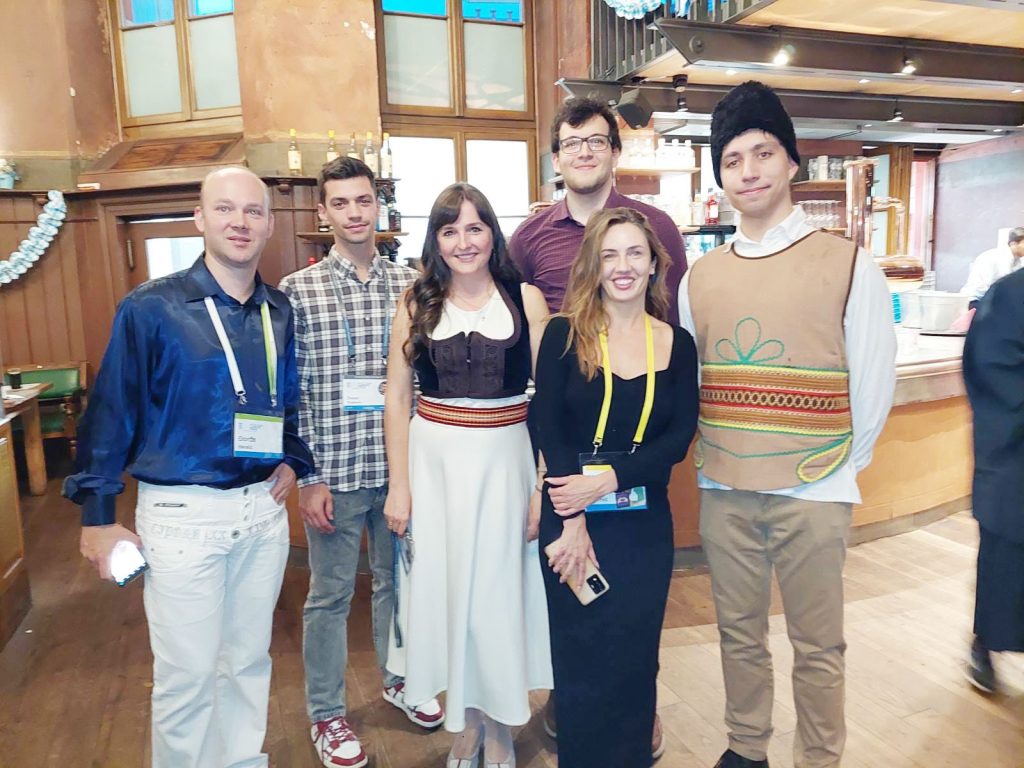
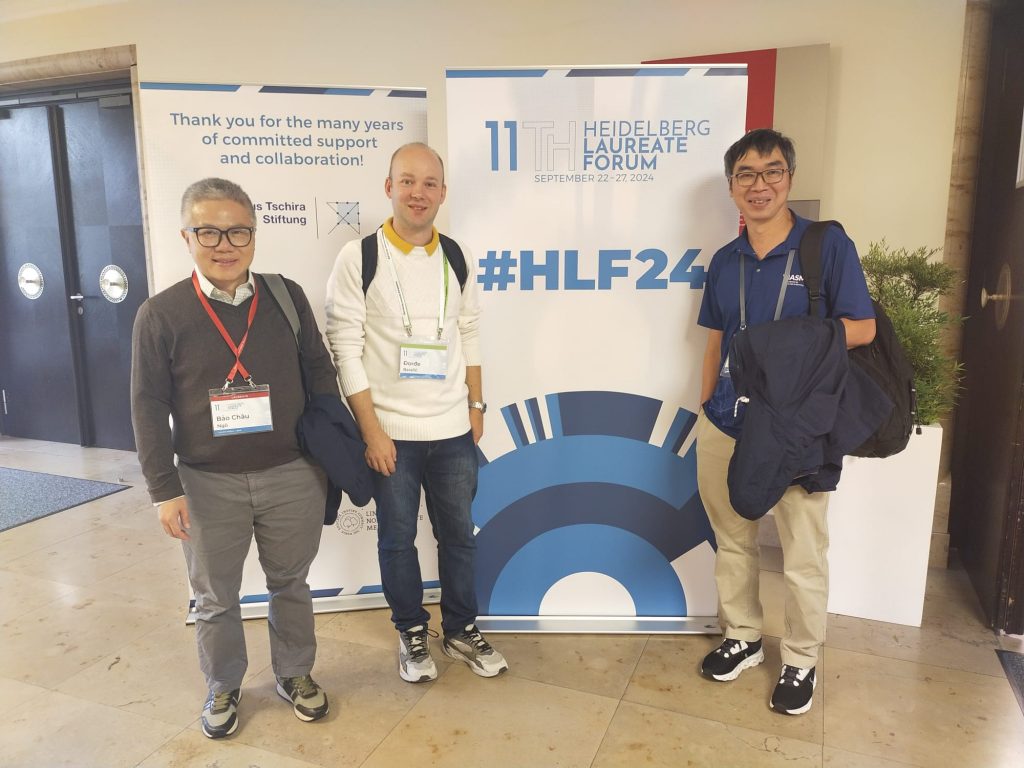
He was among the Guest and Speakers that attended the 11th Heidelberg Laureate Forum this year, an HLF event that hosted 200 young researchers and about 25 laureates from different Countries. The 11th Heidelberg Laureate Forum which took place from September 22 to 27, 2024. In an exclusive interview, he granted us. Dr. Đorđe, stated that this was his first time to allow someone to interview with him from an African media outfit.
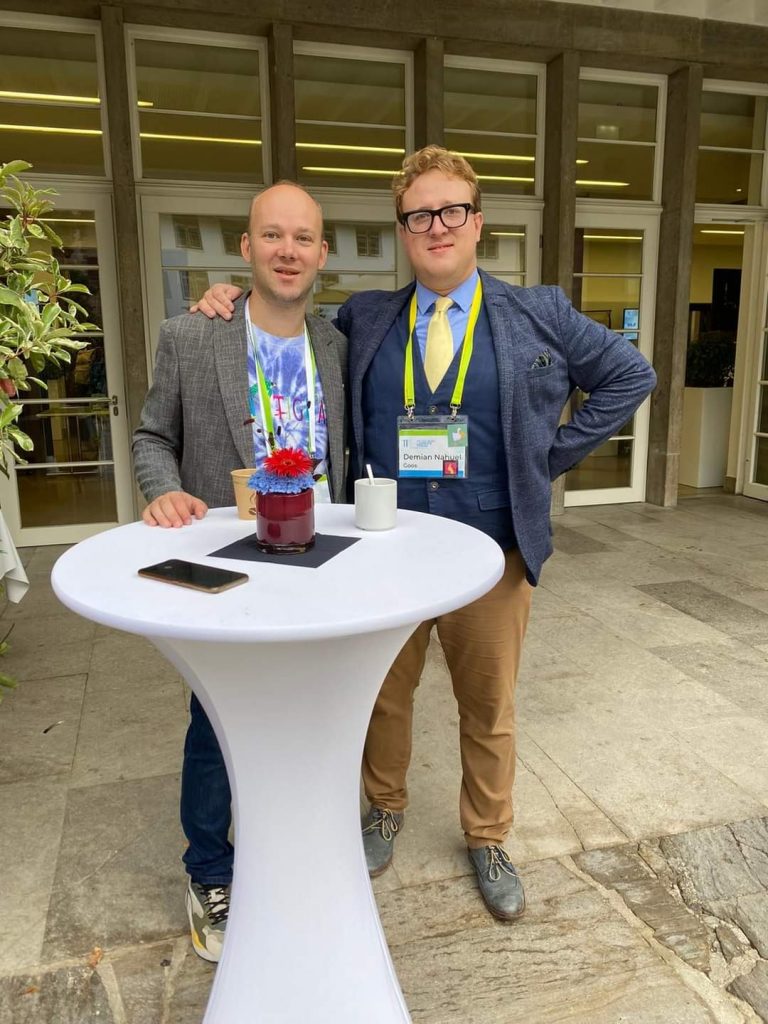
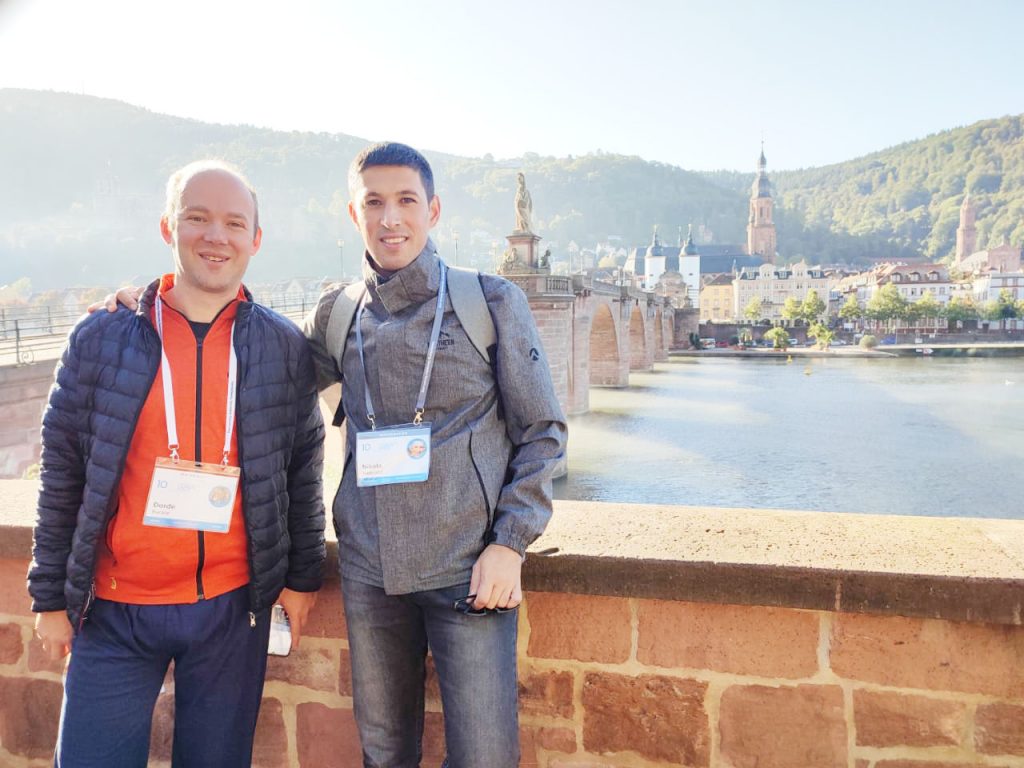
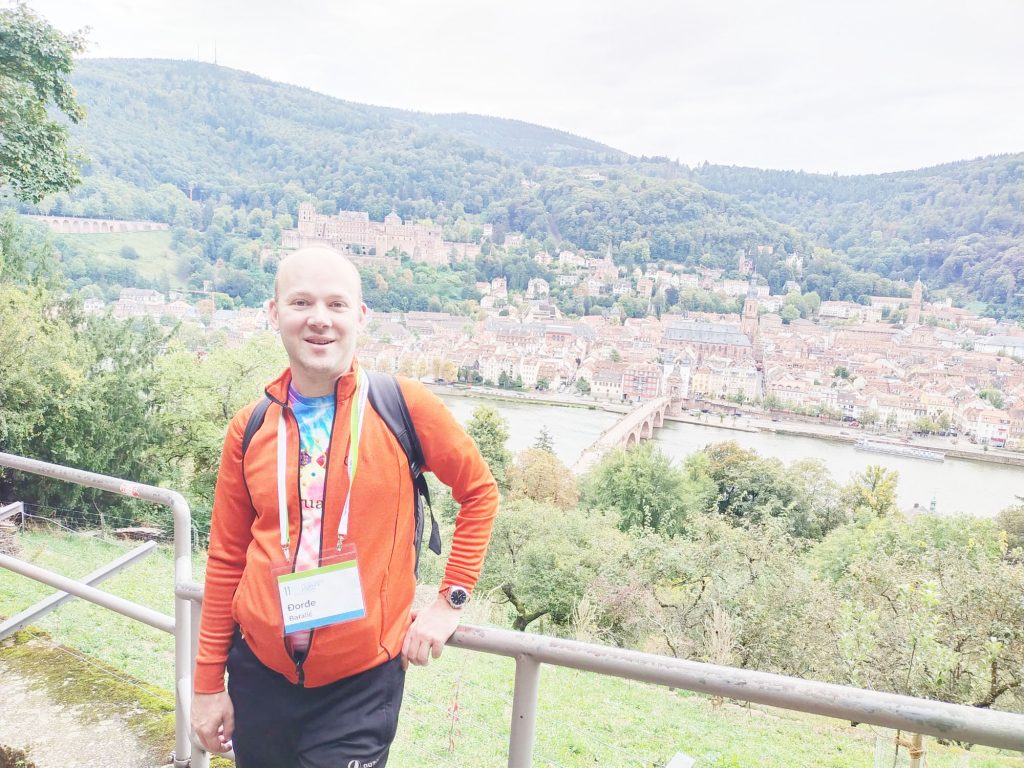
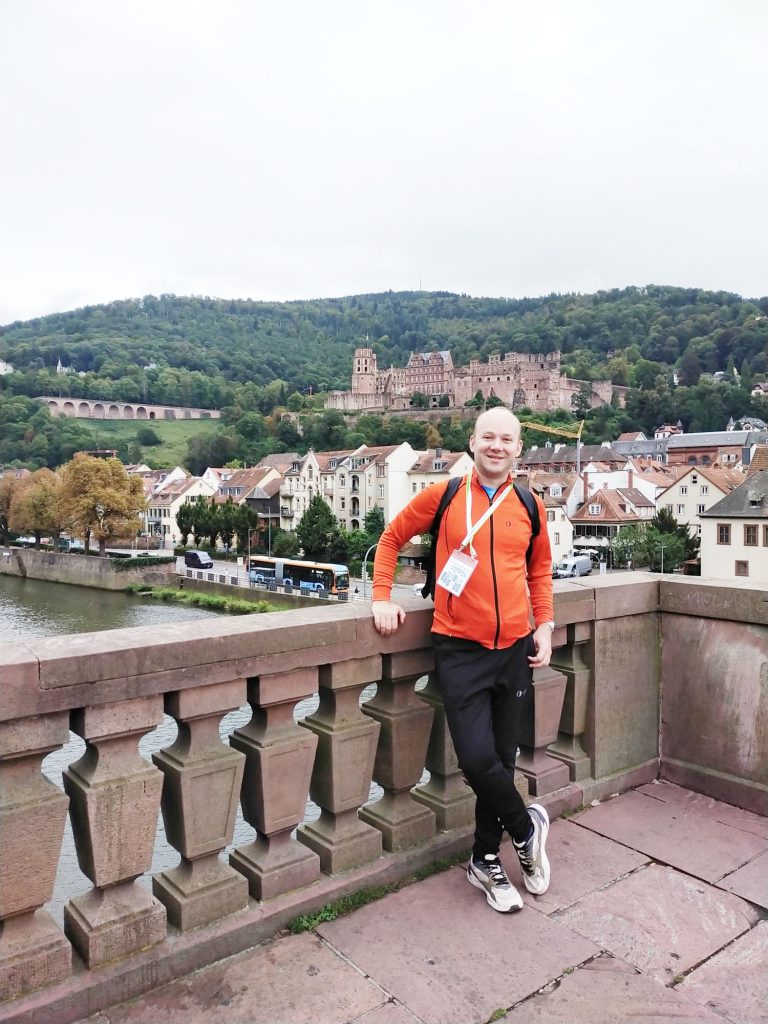
Q: There is an extensive list of texts on your profile in the HLF booklet, which I encourage you to read. What do you think is the most important piece of advice on your achievement for young scientists across the globe, especially in your country?
A: I come from Serbia, a small but beautiful country in South East Europe. We are the proud nation of famous scientists and inventors like Nikola Tesla, Mihajlo Pupin, and Milutin Milanković, the Nobel Prize laureate for literature, Ivo Andrić, engineer Nikola Hajdin, the world number one tennis player Novak Đoković, mathematician Mileva Marić, the wife of Einstein who significantly contributed to his work in relativity theory and many other worldwide known researchers, artists, writers, movie directors, athletes, etc. Whether a nation is small or big, poor or rich in resources, we all have the same dreams for the entire globe and can make meaningful contributions to science and culture. Never forget that despite being small in size, we can make a giant contribution to the whole of humanity. My 4th times participation in HLF taught me that researchers everywhere have the same challenges, strivings and doubts. We all share a common fire inside us to move the frontiers of knowledge and achievements.
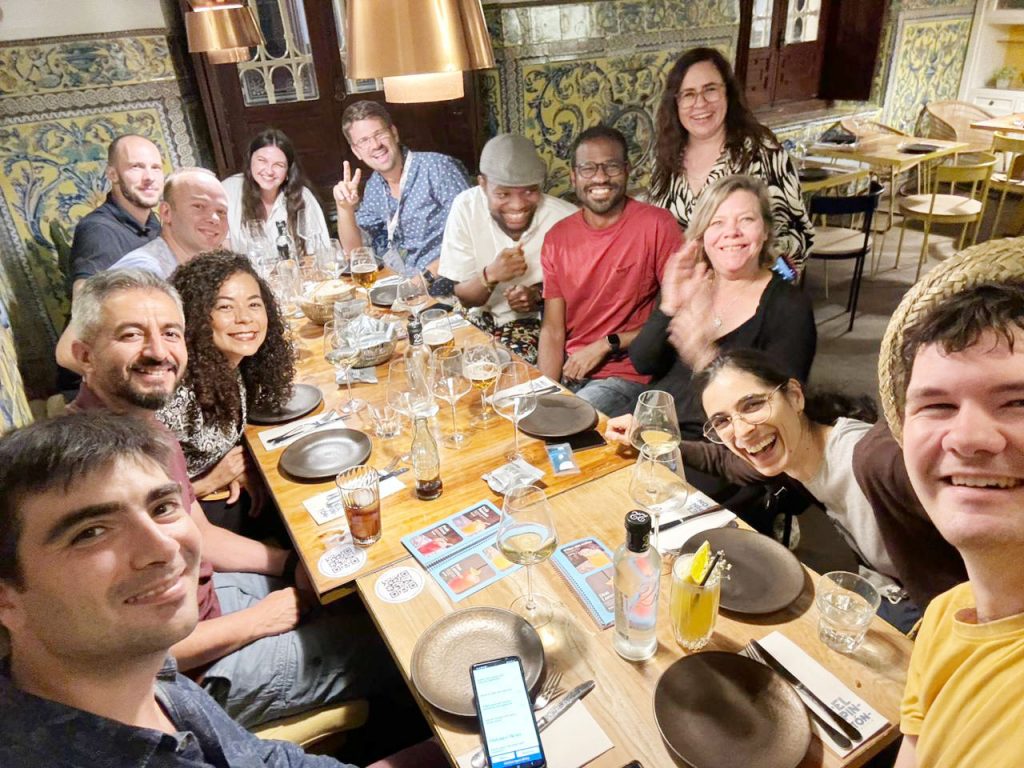
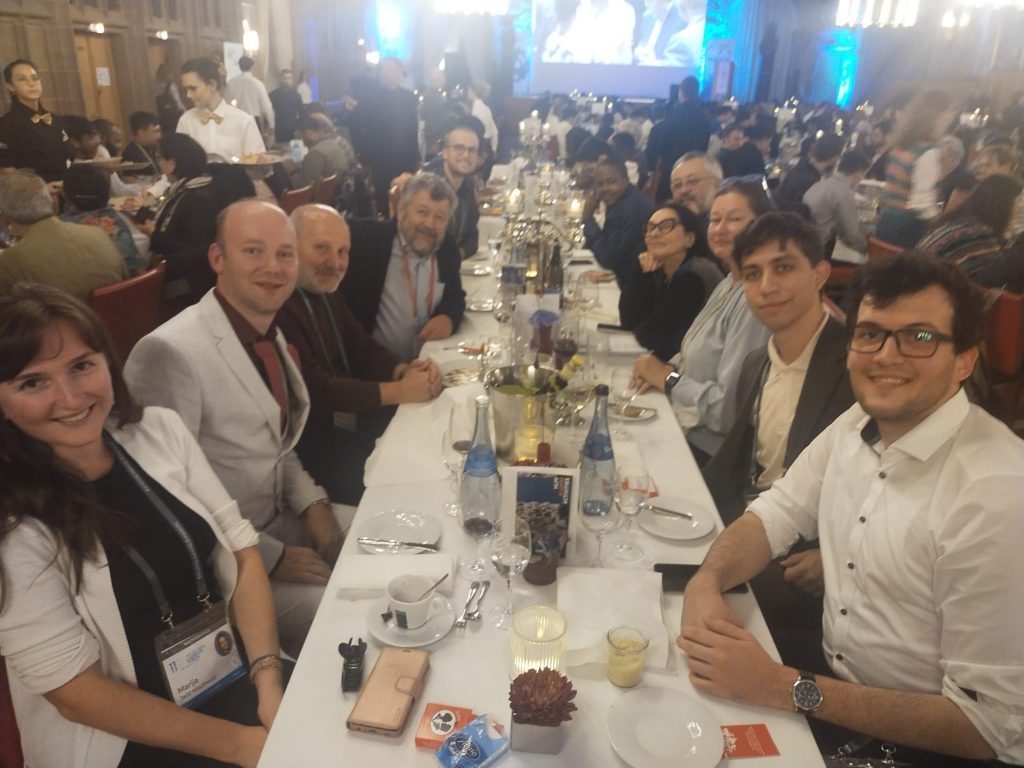
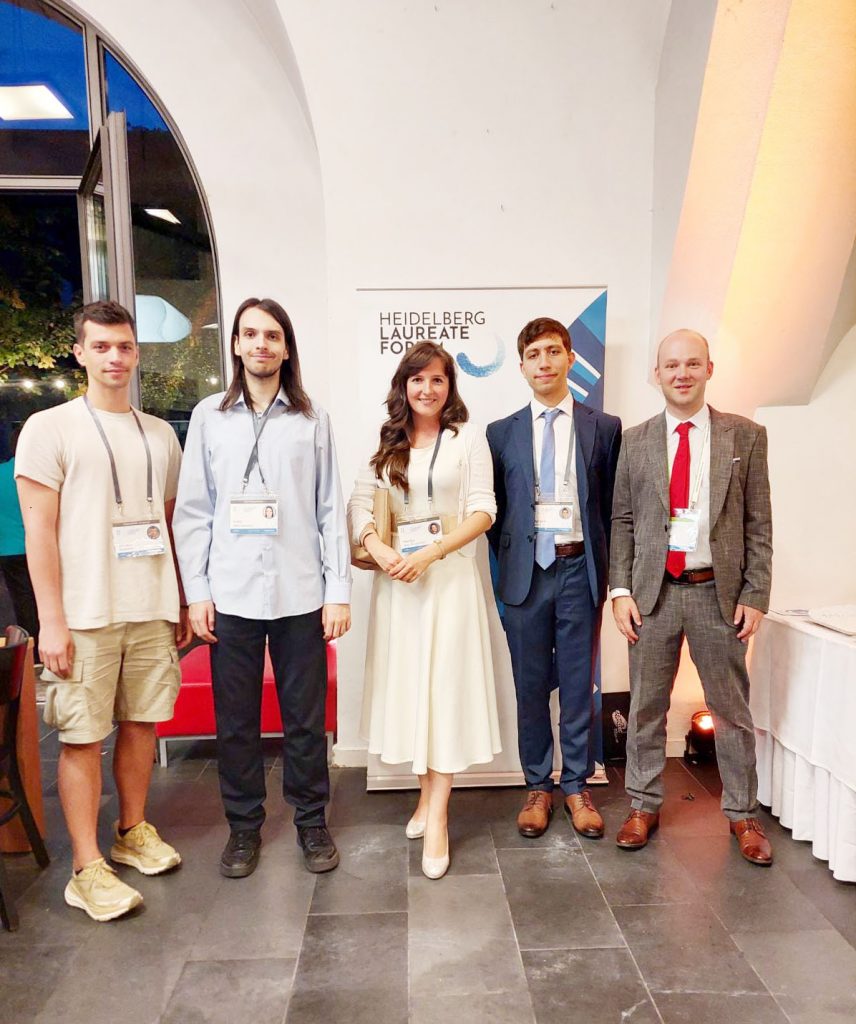
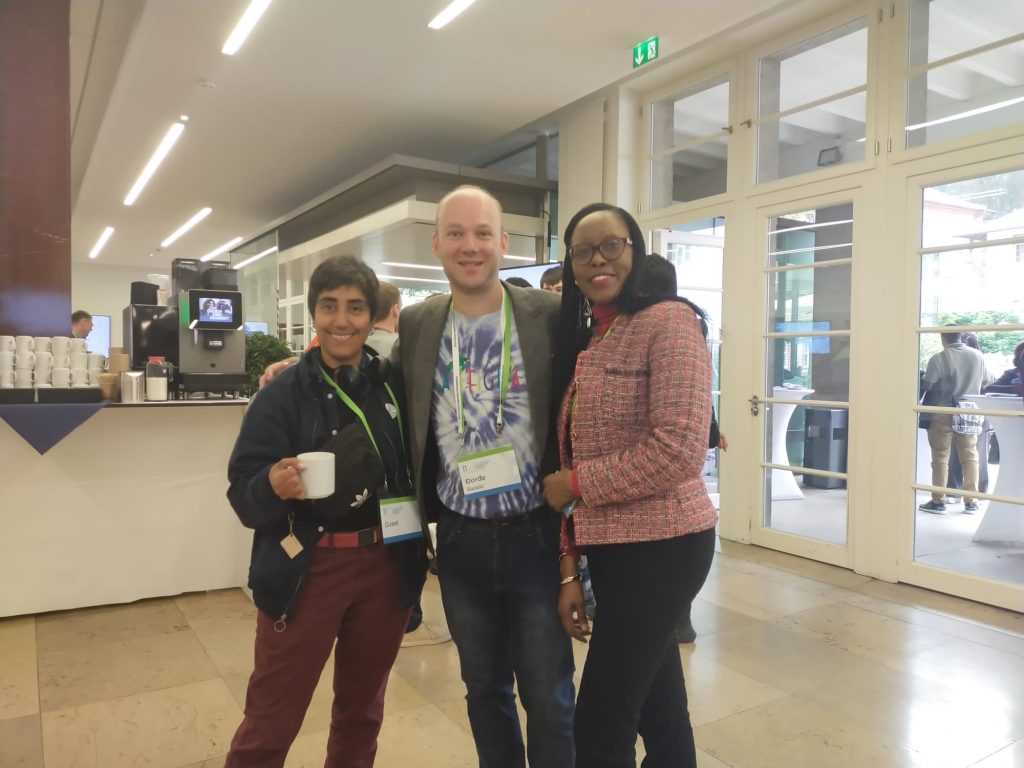
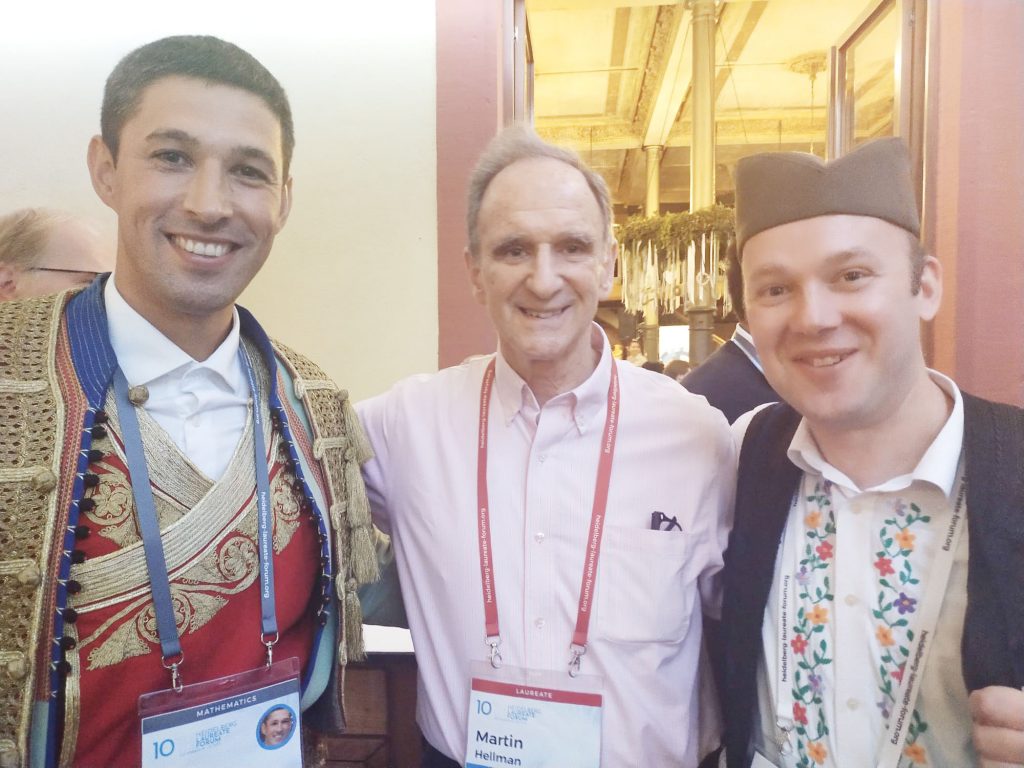
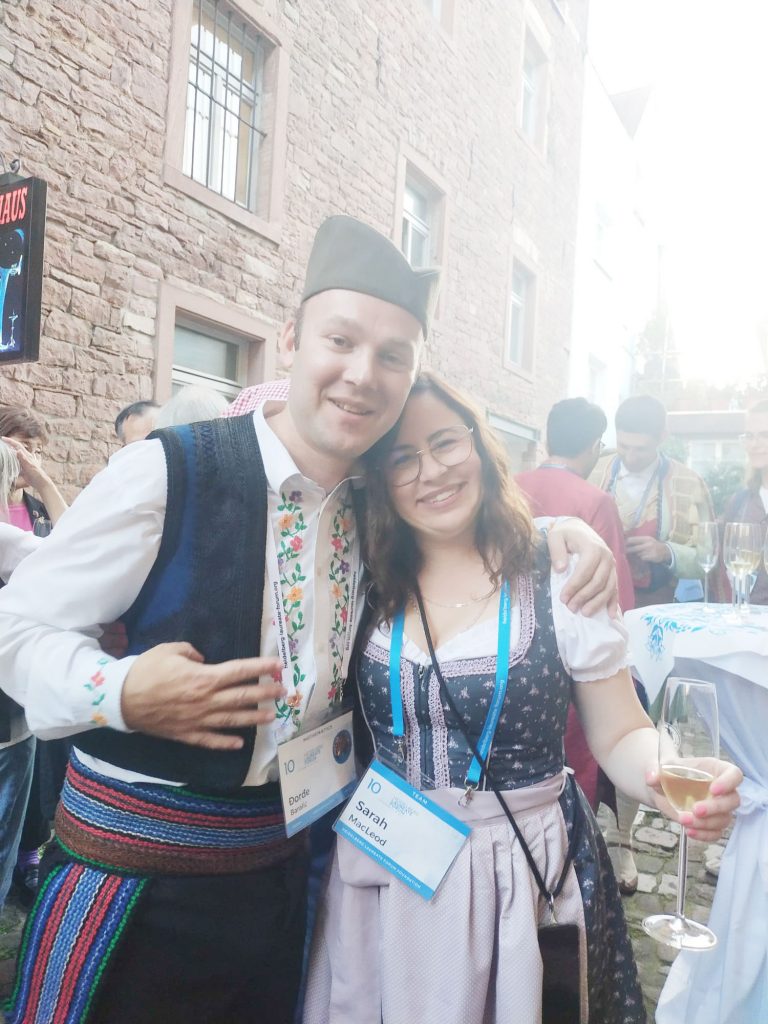
Q: As a HLF young researcher shortlisted to be at Heidelberg – Germany, it’s hard not to notice how talented you are. You seem to get an amazing amount of work done. How many hours a day do you spend thinking and adding more value to your research as opposed to other things?
A: I had the pleasure of participating in the 1st and the 7th HLF as a young researcher, in the 10th as alumni, and now in the 11th as an invited guest and a member of the board of the HLFF Inspiring Minds project. Looking at the last ten years and my HLF participation, I realize how my life as a researcher and an active member of the mathematical community transformed. Nowadays, I am Assistant Director of the Mathematical Institute of the Serbian Academy of Sciences and Arts, in charge of international collaboration, working with talented students, and promoting science. These activities occupy a lot of my time. All mathematicians consider that we do not dedicate enough time to research, no matter how many hours per day we devote to this activity. In my case, I enjoy thinking, discussing and solving math conjectures – it is the most creative part of our job. Writing and disseminating results is also essential, but global pressure to publish can be frustrating. However, the joy of collaboration and the spark of creativity in our work keeps us inspired and motivated. Fortunately, I still can lose the sense of hours and time when I talk and do Math’s with my students and colleagues; we enjoy it because we find it beautiful. That is a unique privilege; we can wander off in our world of shapes, constructions and numbers and be quite happy there.
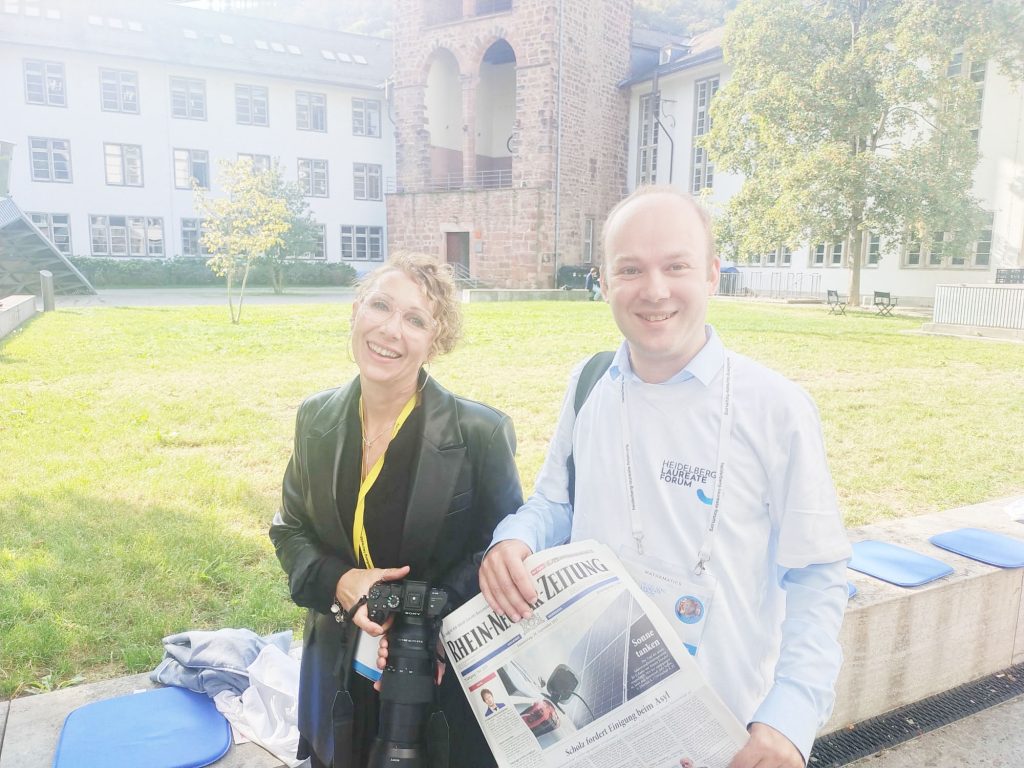
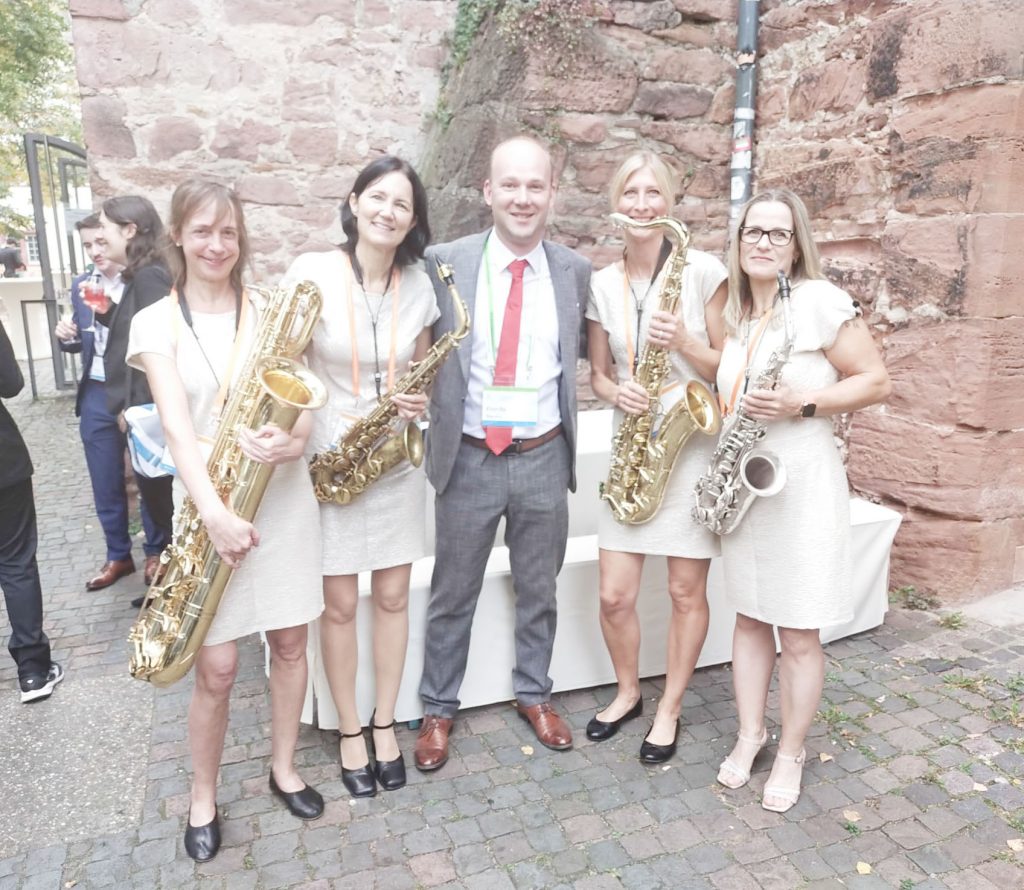
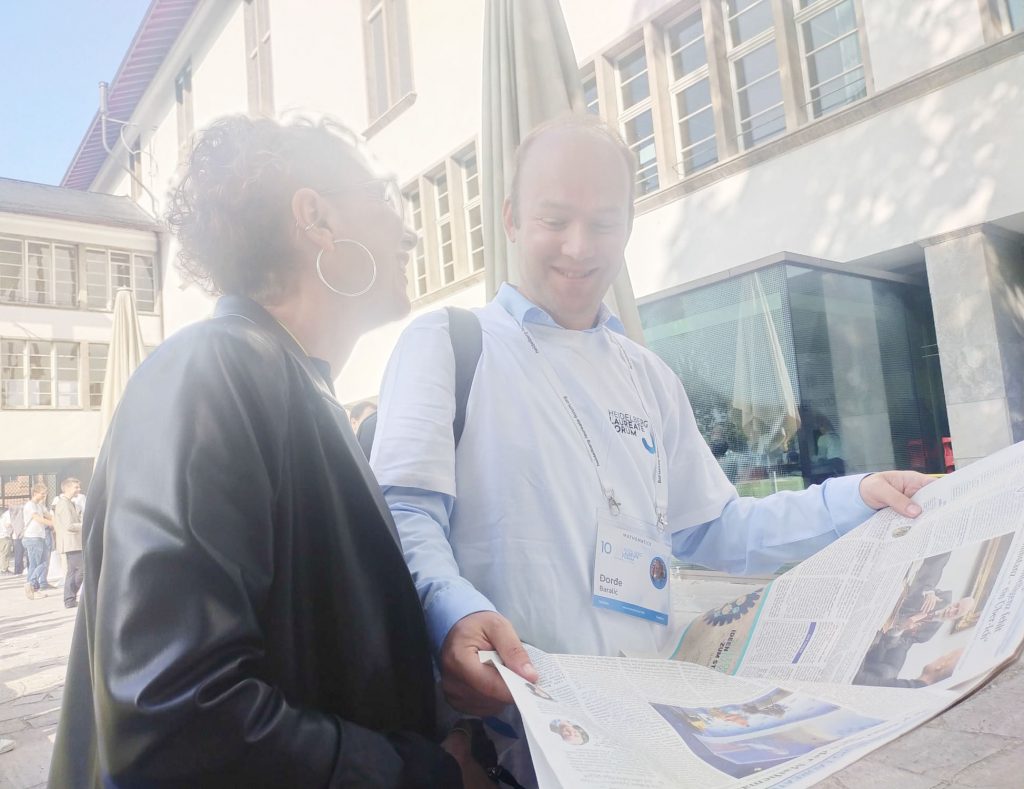
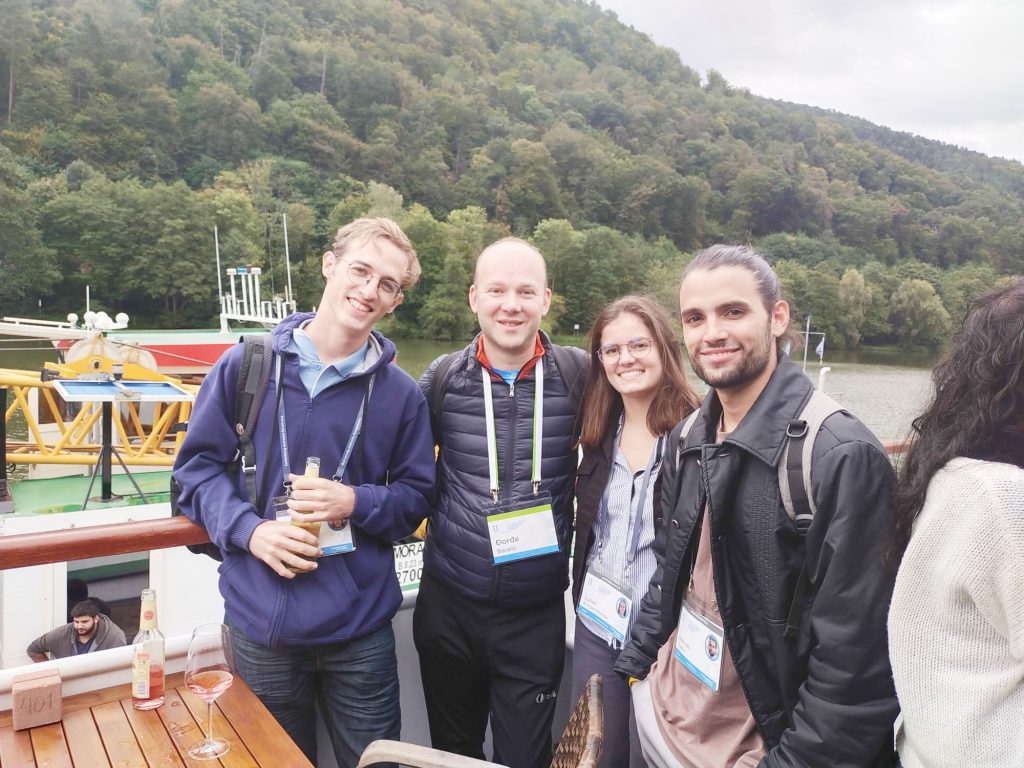
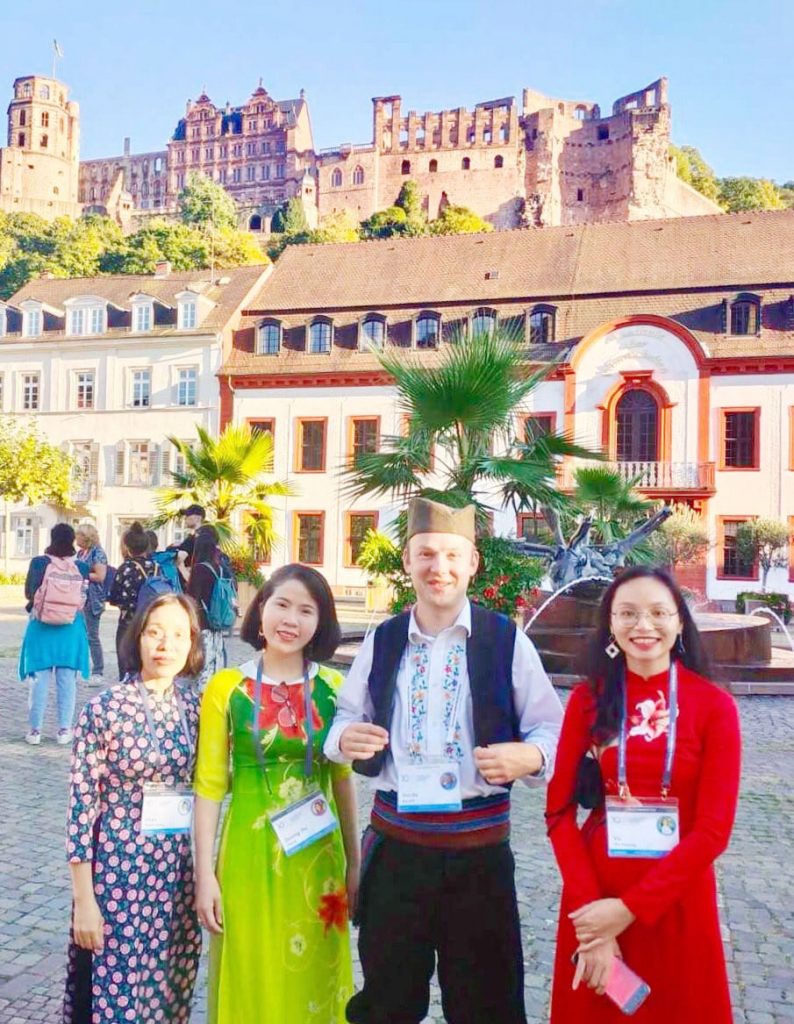
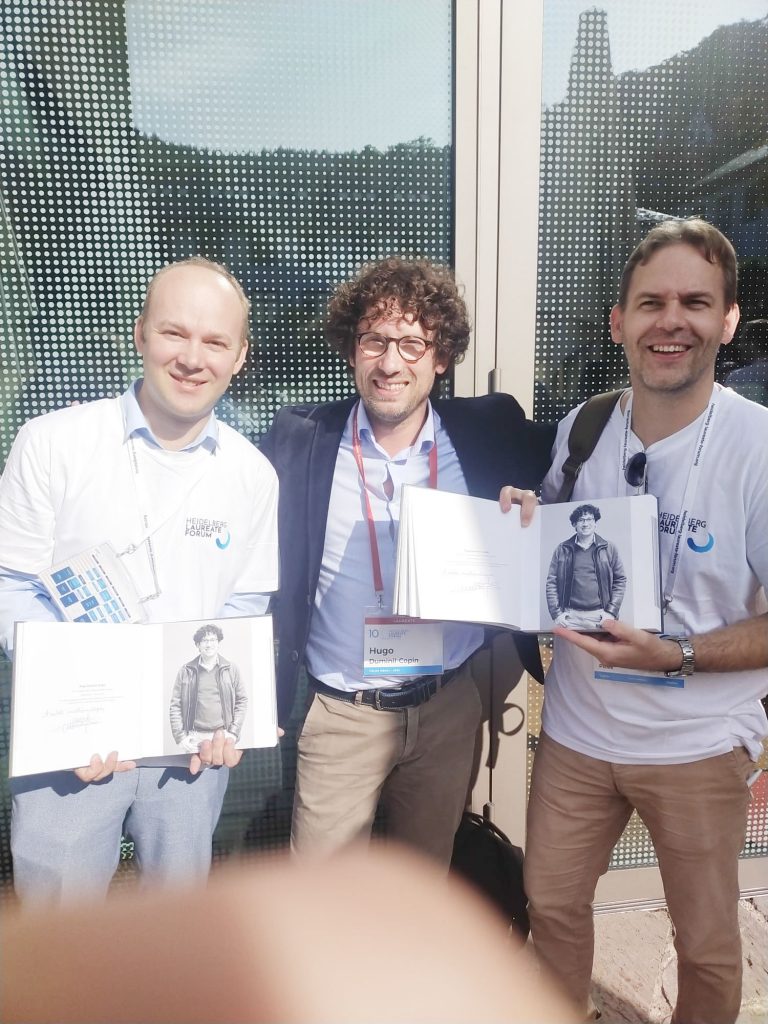
Q: Do you think new research work is a helpful skill for scientists? If so, why do you think they are the most helpful for young researchers?
A: Undoubtedly, it is helpful. The general public considers mathematics hard but extremely useful and applicable. Therefore, there are different tastes in mathematics. Let me compare reading math papers with reading classics in literature. Some fantastic writers wrote reminiscent art pieces, but we find some masterpieces closer to our hearts and minds. Somehow, we are attached to one writer’s thoughts, while our friend prefers another style and writer. Both are okay; by reading good books, we all certainly expand our horizons. But some of them will truly inspire us and incredibly impact our lifestyle. A similar thing happens when reading research papers from colleagues; some articles fit within our mindsets and clarify our knowledge or trigger new ideas inside us to make new discoveries, generalizations, or applications. I advise young researchers to read as much as possible (maths and literature).
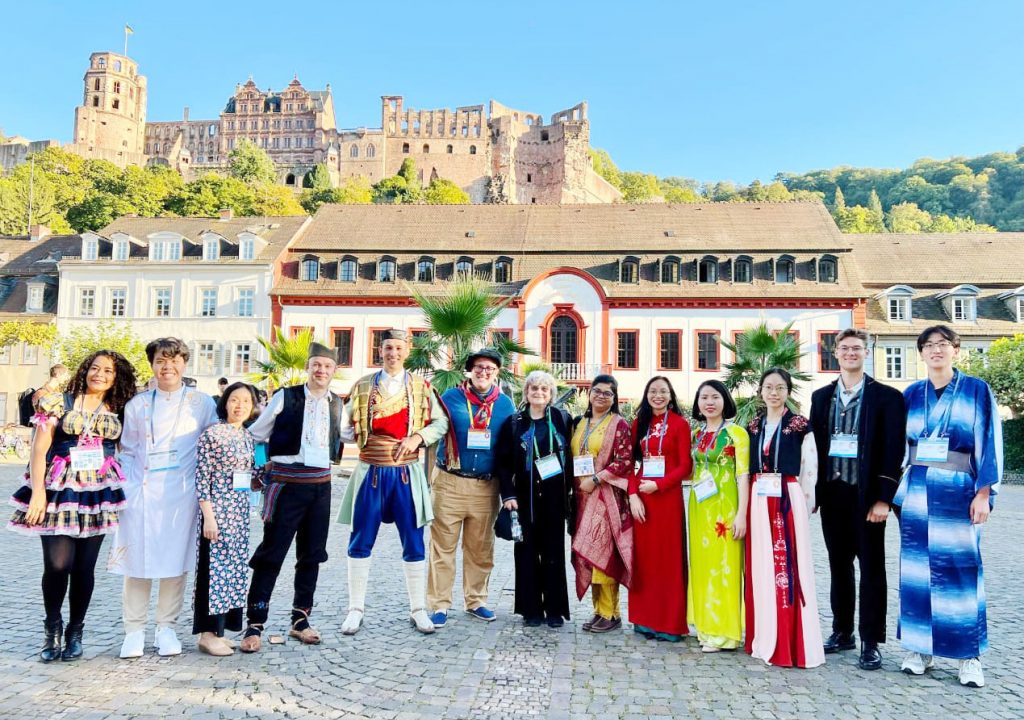
Q: You have collaborators in several fields. What is the most important element to having a successful young science collaborator, especially between different fields, different countries and different universities?
A: Openness to researching other people’s interests, respect for other people’s opinions, and readiness to learn and explore other cultures. Transferring knowledge and communication between different fields, even inside mathematics, is not always an easy process, but the impact is undoubtedly beneficial in many aspects. Today, as researchers, we also serve as informal ambassadors of our countries and universities, and personal links and friendships established in this way are long-lasting and make further connections based on pure universal values. That is another privilege we have as scientists today, and other, more lucrative occupations envy us. By participating in international collaborations, we enrich ourselves and become better people.
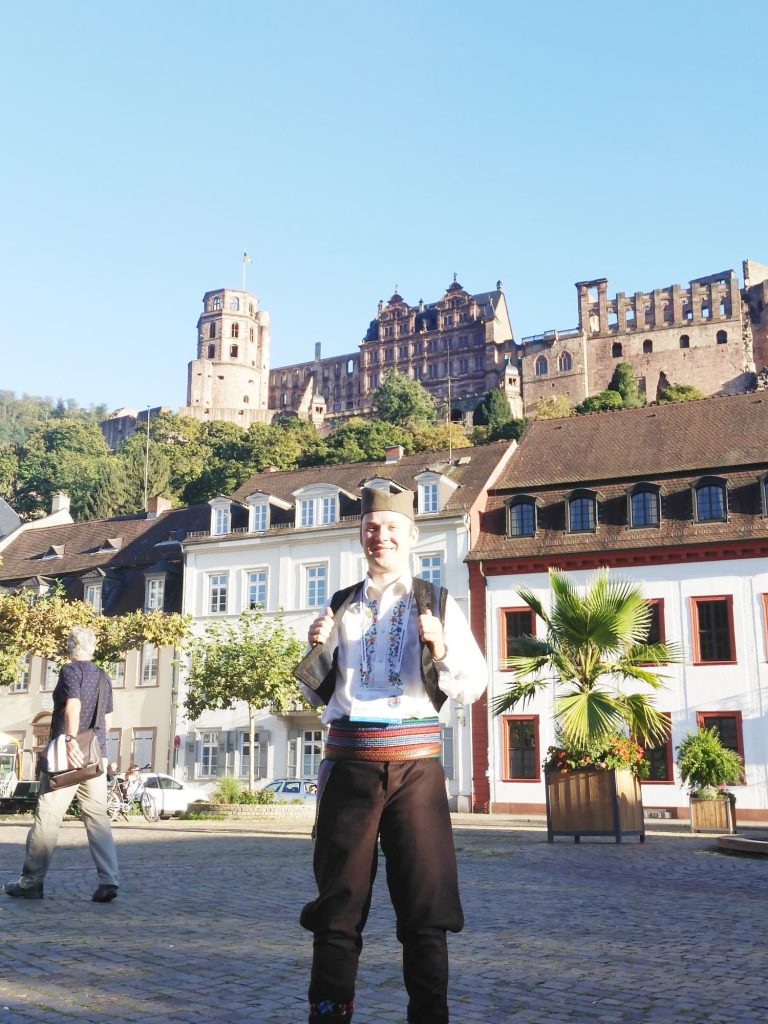
Q: During my research work as a science journalist, I once came across one quote from a professor, once said that a big part of all science thinkers is frustration management. How do you manage your frustration?
A: A positive attitude and affirmative approach are helpful in all frustrating moments. I like going outside, spending time with friends who are not mathematicians, hiking, and enjoying stunning views—in this way, I see how small I am and how my problems are, therefore, also minor. Science, like life, only returns to us what we are ready to give others, so I recommend looking for positive things in all critical situations. Then, we will be on a good path to overcoming all our difficulties.
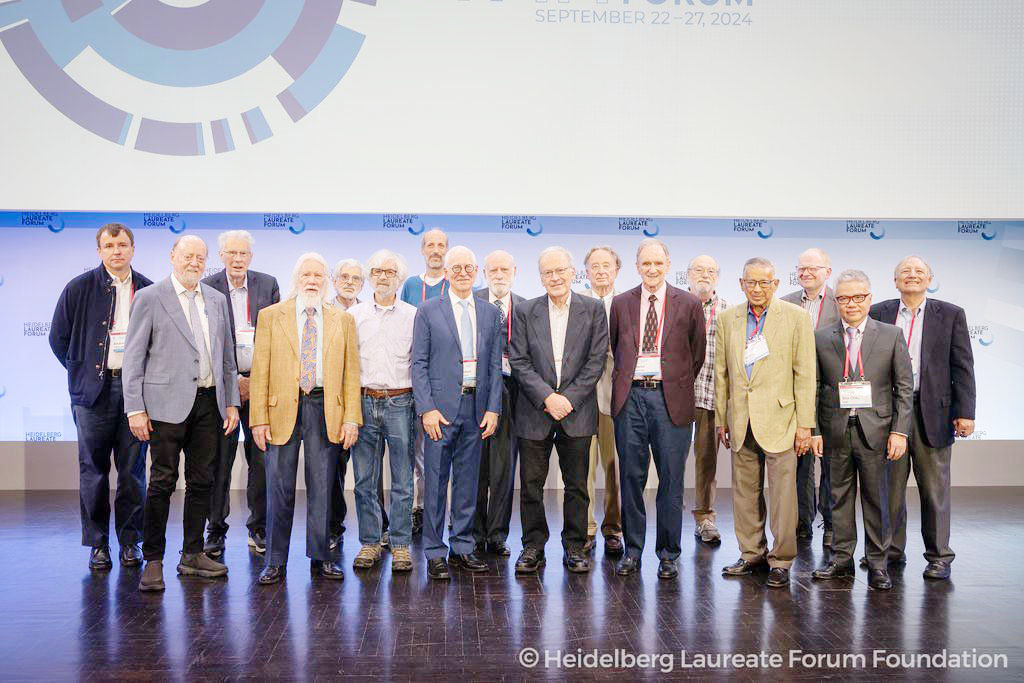
Author and Written by:
HUSSAINI GARBA MOHAMMED, FIIM, MCIA, mips, MBA, DoE, Fellow African Investigative Journalism Conference (AIJC-2020), Berlin Energy Transition Dialogue Media Fellow (BETD), Associate Member, Nigeria Union of Journalist (NUJ), PIJ – Fellow-Netherlands